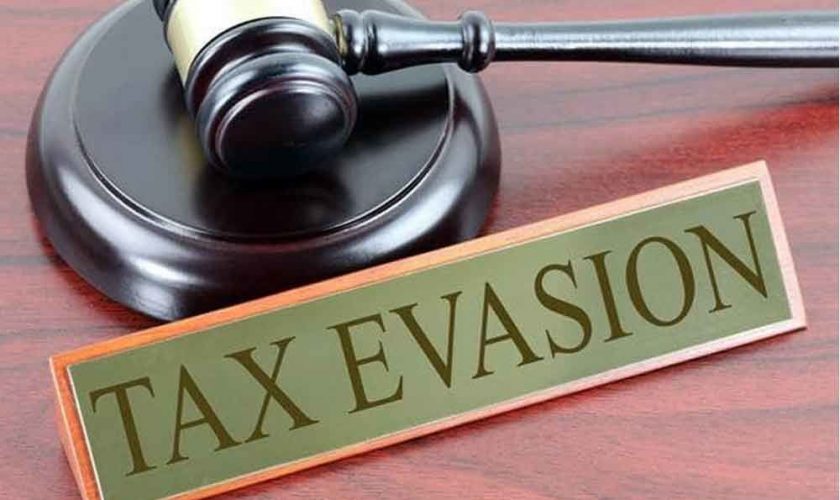Tax is mandatory and can make your life miserable when it is mismanaged. Business owners are required to pay tax and are usually under more scrutiny than regular wage earners. The good news is that business owners have a legal tax avoidance window to explore.
Tax evasion is illegal because it attempts to reduce tax liability by deceit. On the other hand, tax avoidance is a legal and wise attempt to lower the tax bill. A business owner can avoid tax by restructuring transactions to reap maximum tax benefits.
What is the thin line between tax evasion and tax avoidance?
The difference between tax evasion and tax avoidance is the intention of the business owner. Tax avoidance reduces the tax payable, considering the deductions and tax credits applicable to the business. It reduces the tax burden, leaving the firm with more profit.
It is ethical to keep a business’s taxable amount at its minimum. On the other hand, it pays to avoid the following common criminal activities during 1099-nec.
- Deliberately omitting an income
A business owner who deliberately underreports or conceals information about their income is fraudulent. For instance, a business owner who refuses to surrender all details about the day’s receipts deliberately underreports. On the other hand, a landlord who fails to report rent collection details is liable for tax evasion.
- Making false entries in records or maintaining a parallel set of books
A business manager who keeps two records is deemed to be in accounting irregularity. The discrepancy in the books of accounts and financial statements is evidence of fraud.
- Claiming overstated deductions on tax return
It is illegal to overstate travel expenses or claim unsubstantiated deductions. Business owners can claim to have paid their close family for duties not performed.
- Categorizing personal expenses as business expenditure
This is a likely tax trap for many small business owners. Typically, startup businesses will use personal assets such as a car, laptop, and utility bills for business and personal use. Therefore, business owners should keep proper records to reduce the chances of tax fraud.
- Transferring assets or hiding incomes
Concealing business funds or hiding business income in a different account is illegal. Other times, a business owner may deliberately allocate business income to a relative in a lower tax bracket. This is considered tax fraud.
- Hiding behind sham transactions
Business owners can avoid or reduce tax liability income by deliberately identifying a transaction. For instance, labeling dividends as interests to deceitfully evade tax is engaging in sham transactions.
How to minimize the tax burden
A business can skillfully obtain a minimal tax rate by either of the following means:
- Maintaining a minimal taxable income
- Maximizing tax credits and deductions for both business and personal
- Controlling income and deductions timing by embracing forecasting
Conclusion
Planning to maximize tax deductions is critical because they are always better than tax credits. Make solid estimates for personal and business income for successful tax planning for your business.

